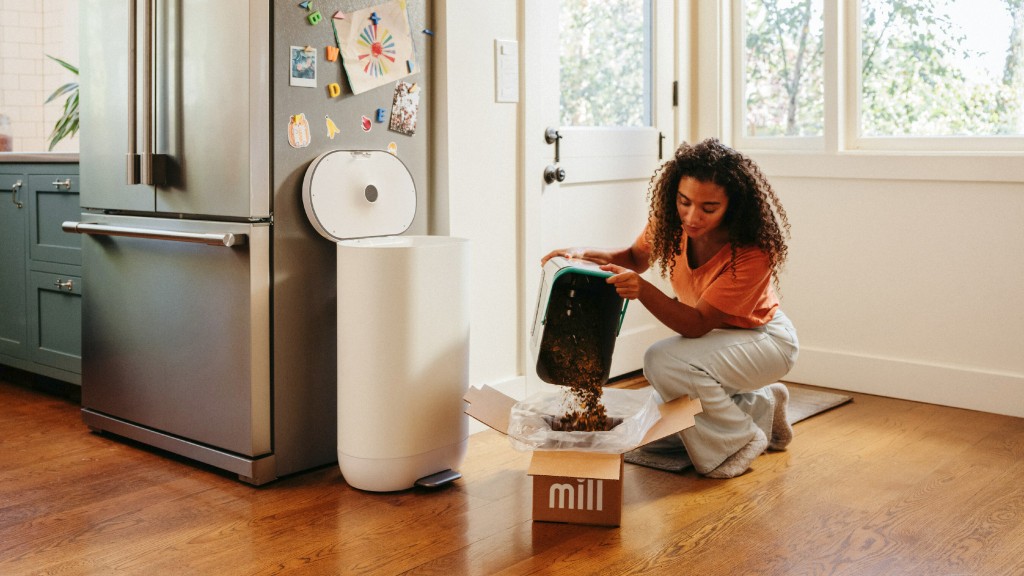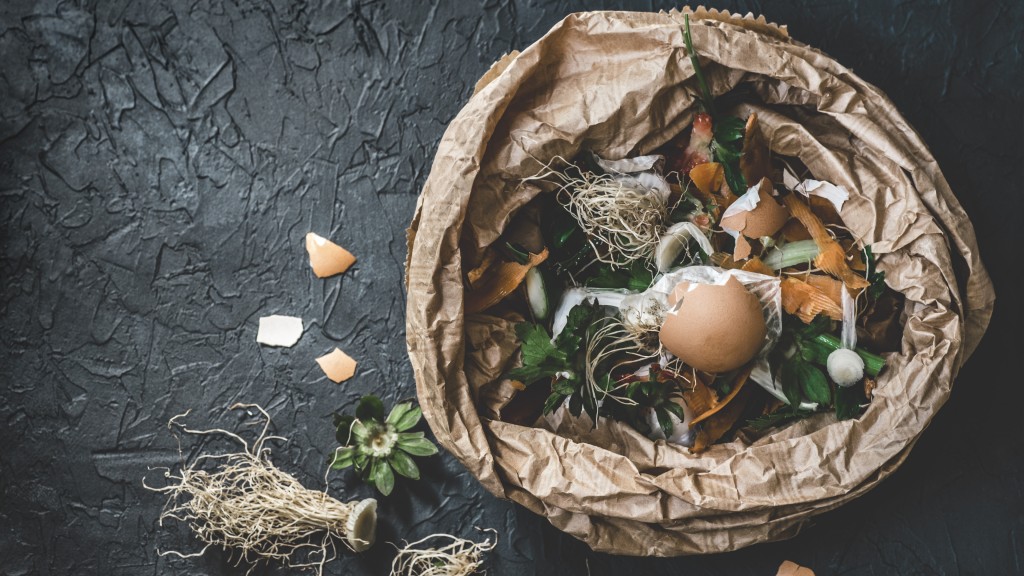
The City of Tacoma and Mill Industries Inc. have agreed to pilot a new strategy for using its technology to address residential food waste.
Food waste is hard to deal with at home. It smells, attracts flies, and means multiple trips to the trash. This new approach changes all that. As part of the pilot, Tacoma residents will receive prioritized access to the Mill Membership: a new system that takes the food residents can't and don't eat at home, conserves the nutrients inside the food, and turns the food waste into food ground that can be sent to farms as a feed ingredient for chickens. Residents will be responsible for Mill Membership subscription costs and can save money by downsizing the volume of their trash bin at the curb.
Every Tacoma resident who becomes a Mill member will receive a new type of kitchen bin that dries, shrinks, and de-stinks kitchen scraps overnight, turning them into nutrient-rich food grounds. It's different from composting and keeps food as food. Once the Mill kitchen bin is full – which takes a few weeks – residents schedule a pickup in the Mill app to send the food grounds back to Mill. Mill is working to turn the food grounds into a safe and nutritious chicken feed ingredient.
The City of Tacoma operates under a pay-as-you-throw waste structure. This new pilot offers residents an opportunity to reevaluate and reduce the volume of their waste service as they shift food from curbside collection containers to their Mill kitchen bin. By opting to downsize their garbage container, residents can save up to $25.60 per month on their waste bill.
"Dealing with kitchen scraps can be a pain at home and costly for the planet: endless trips to the trash, dripping garbage bags, and the loss of all the resources that went into growing and transporting the food in the first place," says Alyssa Pollack, head of business at Mill. "The State of Washington has shown tremendous leadership in preventing food waste through efforts such as HB 1799, and we're excited to team up with the City of Tacoma to provide a better kitchen experience for residents, increase participation in organics recycling and source separation at home, and prevent food waste from existing in the first place."
Household food waste is the single largest source of food in landfills and also one of the most difficult categories to measure. With this pilot, the City of Tacoma will gain access to new data on residential food waste that can help inform food waste reduction programs and mark progress against sustainability goals. Based on a preliminary study, Mill estimates that members who use Mill – instead of throwing food in the trash – can avoid up to a net half-ton of CO2 emissions per household per year.
"We are proud to be at the forefront of creative public-private solutions to tackle the challenging problem of food waste in landfills. The City of Tacoma began collecting and recycling residential food waste in 2012 – since then, diverting up to 1,000 tons per year of compostable food waste from landfills. With this first-of-its-kind-agreement with Mill, we are excited to be the first municipality in the country to pilot this innovative new approach to preventing food waste and to support residents who want a better kitchen experience and want to take practical action to address climate change at home," says Lewis Griffith, solid waste division manager at the City of Tacoma.
The Mill Membership is managed and administered solely by Mill. Participants will work directly with Mill to sign up and pay for the subscription service which costs as low as $33/month and includes the kitchen device, postal service for shipping food grounds, an app, and technical support. As part of Mill's investment in the Tacoma community, Mill will make a per-member contribution to an organization focused on food insecurity serving the Tacoma residents.


